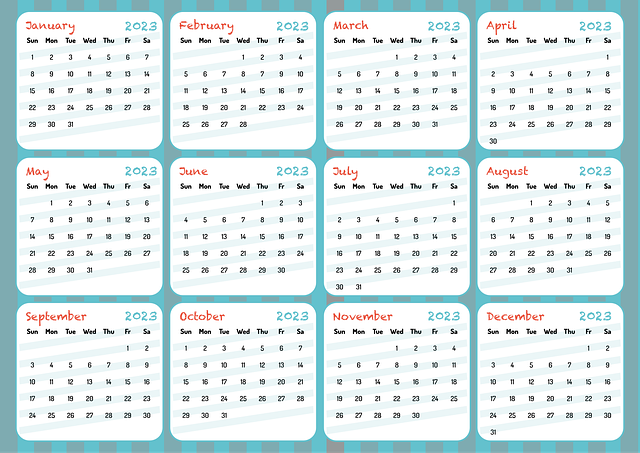For successful Event Planning for Local Businesses, understanding community dynamics is essential. Research local demographics, cultural events, and challenges to create inclusive activities that resonate with diverse attendees. Identify key stakeholders early on to foster partnerships and secure positive business engagement. This strategic approach enhances local pride, fosters participation, and maximizes event impact by aligning themes, locations, and activities with community needs.
“Unleash the power of community engagement through strategic event planning! This guide offers a comprehensive roadmap for local businesses aiming to organize impactful outreach events. From understanding diverse community needs and interests, to crafting interactive itineraries that cater to all, and maximizing promotional efforts, each step ensures a successful gathering. Discover how aligning your event goals with local demographics, cultural attractions, and accessibility can foster genuine connections. Explore effective marketing strategies targeting the right audience for maximum impact.”
- Identifying Community Needs and Interests
- – Understanding the local community: demographics, cultural events, and unique challenges.
- – Conducting market research: survey potential attendees, partners, and sponsors.
Identifying Community Needs and Interests

When planning community outreach events, understanding the needs and interests of your local community is paramount. Event planners should conduct thorough research to identify key areas where their initiatives can make a meaningful impact. This involves engaging with community leaders, residents, and local businesses to gauge their priorities. By delving into these insights, organizers can tailor activities that resonate with the audience, fostering a sense of belonging and participation.
In the context of event planning for local businesses, this process is crucial in attracting customers and creating memorable experiences. Knowing the unique aspects that make a community special allows planners to design events that not only entertain but also enhance local pride. This strategic approach ensures that outreach initiatives become integral parts of the community landscape, fostering long-lasting connections between businesses, residents, and the overall ecosystem.
– Understanding the local community: demographics, cultural events, and unique challenges.

Understanding the local community is a vital step in successful event planning for local businesses. By delving into the demographics, cultural events, and unique challenges of the area, organizers can tailor their outreach efforts to resonate with attendees. For instance, knowledge of age groups, ethnic backgrounds, and socioeconomic factors allows for more inclusive and appealing activities. Recognizing cultural festivals, heritage days, and traditional gatherings demonstrates respect for diversity and encourages participation from a broader spectrum of community members.
Moreover, identifying the specific challenges faced by the local community enables event planners to address them directly. Whether it’s accessibility issues, language barriers, or economic disparities, incorporating inclusive practices and offerings ensures that everyone feels welcome. This personalized approach fosters a sense of belonging and strengthens ties between businesses and their neighbors, ultimately enhancing the effectiveness of outreach events in the eyes of Event Planning for Local Businesses.
– Conducting market research: survey potential attendees, partners, and sponsors.

Before planning any community outreach events, thorough market research is essential for event planning for local businesses. This involves surveying potential attendees to gauge interest and understand their preferences, as well as reaching out to partners and sponsors to assess their commitment and expectations. By collecting this data, organizers can tailor the event’s theme, location, and activities to align with the community’s needs and interests.
Market research also helps identify key stakeholders and influencers who can either support or hinder the event’s success. Engaging with these individuals early on fosters partnerships and ensures a positive perception of the event within the local business community. This strategic approach maximizes participation, sponsorship opportunities, and overall event impact, ultimately enriching the experience for all involved.
By thoroughly understanding the needs and interests of their local community, event planners can create meaningful and engaging outreach events that foster connections and drive growth for local businesses. Through market research and thoughtful consideration of demographics and cultural events, organizers can ensure their initiatives resonate with attendees. This strategic approach to event planning not only enhances community engagement but also positions local businesses as integral parts of the vibrant tapestry that defines their region.
